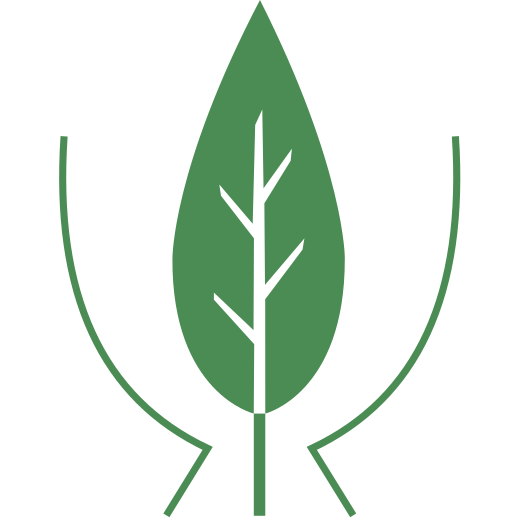
NBIA Patient Registry and Biobank
Both provide important clues for the development and review of new therapies for NBIA and need your support.
NBIA patients can participate in an international, web-based patient registry for all forms of NBIA, as well as a biomaterial bank for NBIA as a research resource. Both help researchers learn more about the symptoms and disease progression of NBIA forms. The information that researchers gain from the registry and biobank provides them with important clues for the development and review of new therapies. Therefore, we would like to ask all patients and their families to consider inclusion in the patient registry and biobank.
We have also summarized all the important information for you in a Brochure summarized.
The registry and biobank were established as part of the TIRCON research project, which ran from November 2011 to October 2015. However, the registry and biobank will continue to be maintained beyond the end of TIRCON. More information about TIRCON can be found at www.tircon.eu.
How does the NBIA patient registry work?
The registry is a web-based system for collecting patient data. Pseudonymized information on diagnostics, disease progression and therapies is collected. The registry is maintained by physicians and updated regularly.
The patient registry enables international collaboration between scientists and physicians. The collected data allows for better insights into the clinical picture of NBIA diseases. In addition, the standardized data can be used for study purposes.
NBIA patients can support the patient registry by providing their pseudonymized clinical data! Talk to your doctor about it!
Contact:
Ludwig Maximilian University
Neurological Clinic and Polyclinic
Friedrich-Baur-Institute
Mr. Prof. Dr. med. Thomas Klopstock
Ziemssenstr. 1a, 80336 Munich
E-Mail: fbi.mito@med.uni-muenchen.de
What is a biobank?
In a biomaterial bank, blood and tissue samples, for example, are collected and systematically documented. These can contribute to a better understanding of the biochemical processes of NBIA diseases and to therapy research.
It is therefore important that NBIA patients provide blood samples and possibly other tissue samples for the biomaterial bank!
Contact:
Technical University of Munich
Klinikum rechts der Isar
Institute of Human Genetics
Ms. Dr. Arcangela Iuso
Trogerstr. 32, 81675 Munich
E-Mail: nbiabiobank.ihg.med@tum.de
